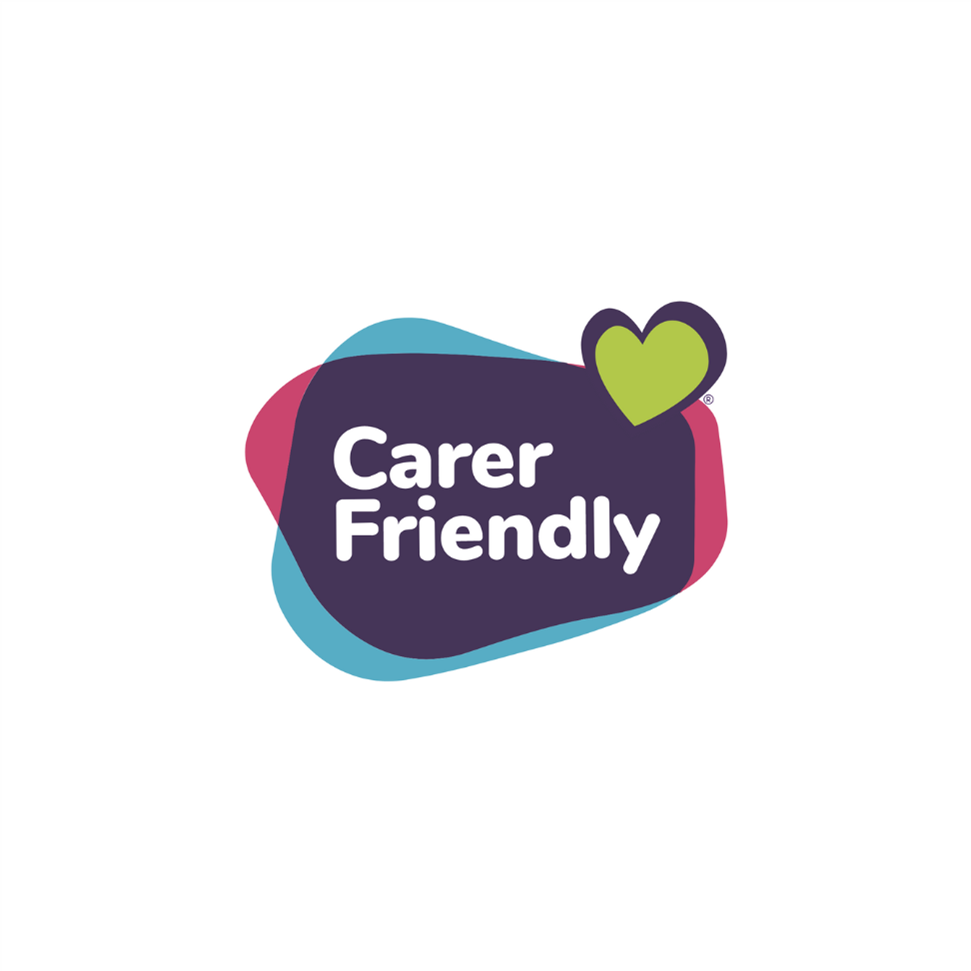Healthy Relationships, Sexuality & LGBTQ+ Inclusion
Healthy Relationships, Sexuality, and LGBTQ+ Inclusion
As a parent or carer, you’ll know that children become aware of sex, sexuality, and relationships at different ages and stages. These are natural parts of growing up and often involve periods of discovery and exploration — including exploring their identity, gender, and who they’re attracted to.
Many parents and carers feel uncertain or uncomfortable when it comes to discussing these topics, especially when it involves LGBTQ+ identities. You might worry about saying the wrong thing or making your child feel awkward. But creating a safe, respectful space for open and honest conversations is one of the most powerful ways you can support them.
Talking about relationships, gender, and sexuality — including LGBTQ+ topics — helps your child feel accepted, understood, and safe to be themselves. It also gives them the confidence to ask questions, share their thoughts, and make informed, healthy decisions.
Tips for Inclusive Support:
-
Use open-ended language when talking about relationships or attraction, rather than making assumptions (e.g. “Do you like anyone?” instead of “Do you have a boyfriend/girlfriend?”).
-
Show acceptance of all identities and orientations, even if your child hasn’t come out or shared anything personal — your attitude sends a clear message.
-
Stay curious and open-minded. You don’t need to have all the answers — just being willing to listen and learn alongside your child means a lot.
-
Avoid judgment and keep the conversation ongoing. Identity and understanding evolve over time, and so can your discussions.
Remember: what matters most is your continued love, support, and the message that your child is accepted exactly as they are.
Heres some links for more support and information:
Sexual development - advice for parents | Children First
An A-Z of LGBTQ+ language for speaking to your child - Parents' Toolkit - BBC Bitesize
Page created: 22 May 2025
